An overview of selected new books in Szilárd Library, with a word from their authors, reviewers and publishers.
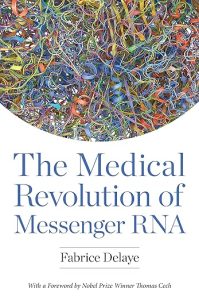
By Fabrice Delaye
To the casual observer, it took just 10 months to develop a vaccine against the virus responsible for the COVID-19 pandemic, using the messenger RNA (mRNA). What most people don’t know is that this apparently breakthrough technology had been in development for three frustrating decades – and this book tells the story of how mRNA’s medical potential was finally realized.
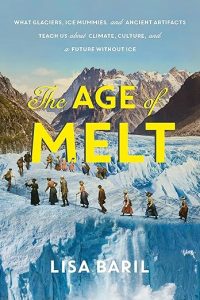
By Lisa Baril
Thousands of organic artifacts are emerging from patches of melting ice in mountain ranges around the world. “The Age of Melt” explores what these artifacts reveal about culture, wilderness, and what we gain when we rethink our relationship to the world and its most precious and ephemeral substance—ice.
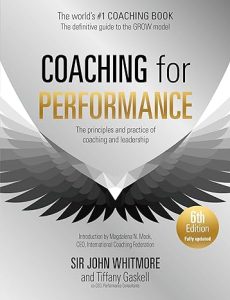
By Sir John Whitmore
This 6th edition has been updated throughout to reflect today’s new world of work, and will revolutionize the traditional approach to organizational culture. Insightful real-world examples serve to champion inclusivity, alongside practical exercises which place an increased value on trust and responsibility.
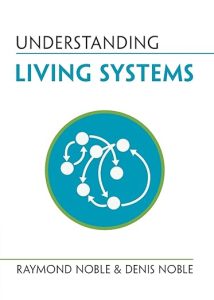
By Raymond Noble and Denis Noble
“Takes the story of evolution from where Darwin left it, including his ideas on creative purpose and acquired characteristics. By adding the control of chance by organisms, it makes Darwin’s theories compatible with the freedom to choose.” (Professor Samuel Shem, NYU School of Medicine)

By Brittany Fair
This book presents a comprehensive review of scientific research on the effects of yoga and meditation on the brain. The author offers tools for interpreting scientific literature and explores the current limitations in studying these practices.
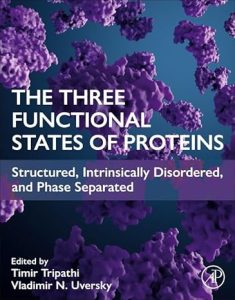
Edited by Timir Tripathi and Vladimir N. Uversky
This book explores how structured proteins, intrinsically disordered proteins, and phase separated proteins contribute to the complexity of cellular life, and offers insights into their roles in both health and disease.
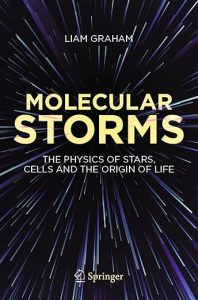
By Liam Graham
Using cutting-edge research, “Molecular Storms” takes us on a dazzling journey from the early universe to the interior of the smallest living things. There, in a nanoscale world of biological devices, it explains the physics behind the chemical system which we call Life.

Edited by Dwight E. Neuenschwander
“Yours Ever, Freeman” is devoted to the correspondence between Professor Dyson and his students, that regularly exchanged letters from April 1993 to December 2019. His responses went beyond answering questions, as he enlarged the scope of the questions by sharing stories from his experiences. The book’s title comes from the way Professor Dyson signed his letters.
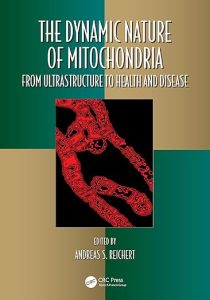
Edited by Andreas S. Reichert
This book gives an amazing view on a conceptual change in our understanding of mitochondrial biology. The dynamic nature of mitochondria occurs at an intramitochondrial level but also includes its ability to interact with other organelles and to modulate multiple signalling pathways. It is thus not surprising that alterations or inabilities to ensure this dynamic behaviour is linked to ageing and human diseases.
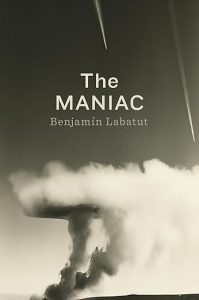
By Benjamín Labatut
A prodigy whose gifts terrified the people around him, John von Neumann transformed every field he touched, inventing game theory and the first programable computer, and pioneering AI, digital life, and cellular automata. Through a chorus of family members, friends, colleagues, and rivals, Labatut shows us the evolution of a mind unmatched and of a body of work that has unmoored the world in its wake.









